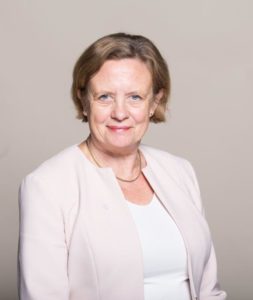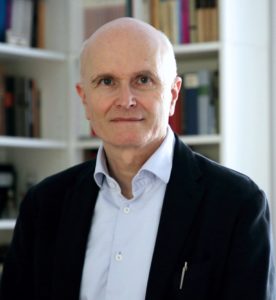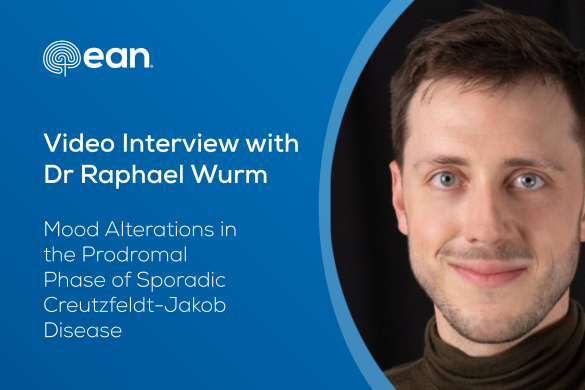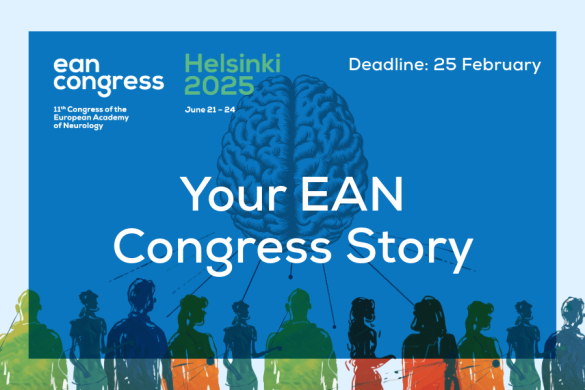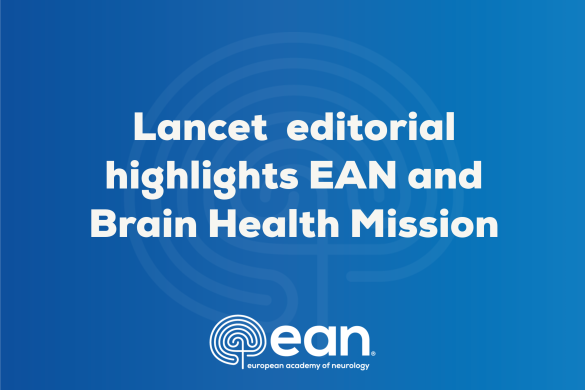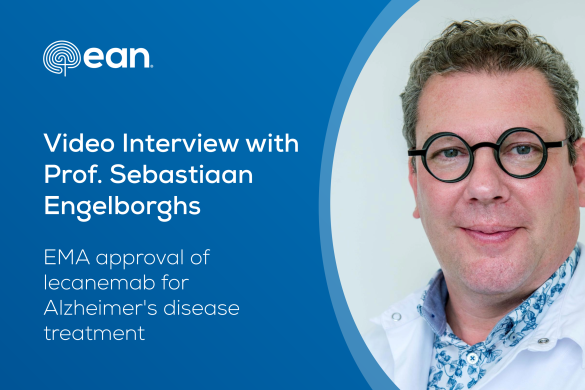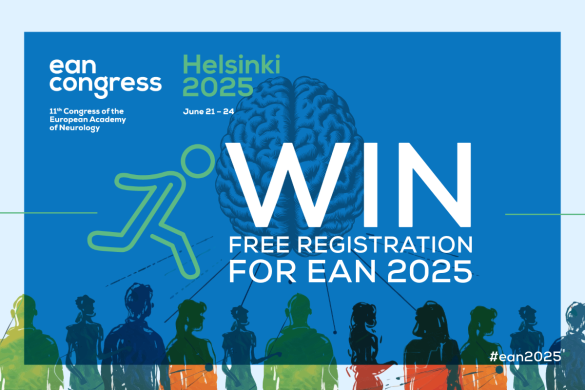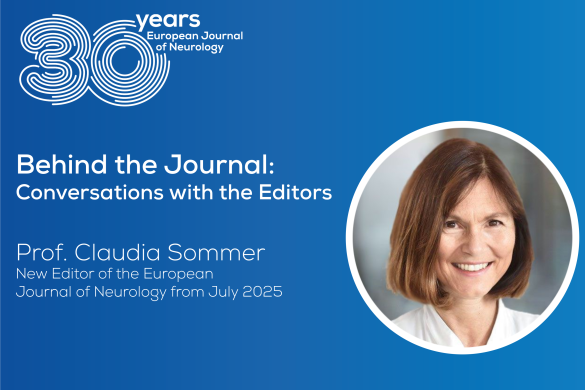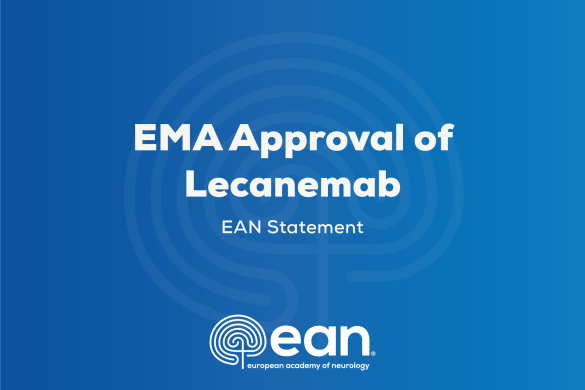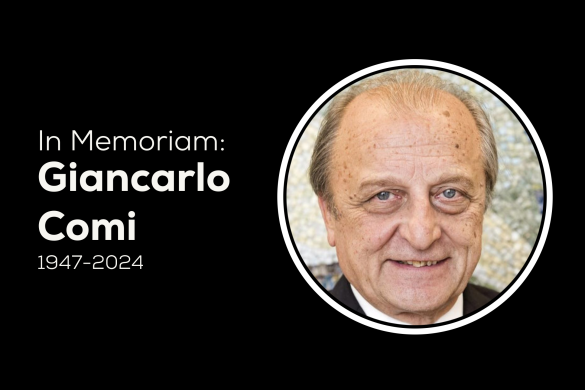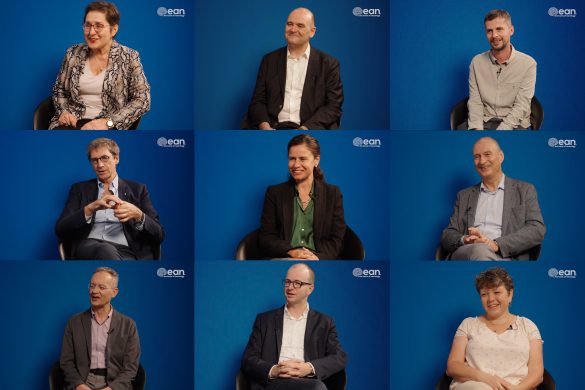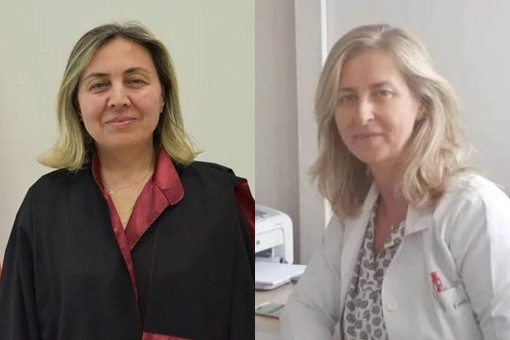Prof. Gunhild Waldemar interviews
Prof. Axel Pries
President BioMed Alliance
Gunhild Waldemar (GW): Can you please tell the EAN Pages readers about the goals of the BioMed Alliance and the criteria that need to be fulfilled in order to become a member of the BioMed Alliance?
Axel Pries (AP): The Association’s principal goals and objectives are to promote the best interests and values of researchers, of healthcare professionals, and of non-for-profit medical associations and organisations across all medical disciplines in Europe, in those general areas of common interest. Such areas include, among others, research funding, investigator led clinical studies and continuing professional education.
The Association aims to speak as a common voice of all its members and to represent them in common policy and strategic matters in seeking to:
- improve the biomedical research environment in Europe
- foster frameworks for continuing education of healthcare professionals and academics in Europe
All scientific and not- for -profit medical associations and societies in Europe can apply for membership in the Biomed Alliance. In order to achieve tangible success for biomedical science and professions a comprehensive representation is key. At the moment 27 leading biomedical societies representing a total of above 400.000 individual members constitute the European BioMed Alliance.
GW: How can European societies of medical specialists benefit from membership to the BioMed Alliance?
AP: In many areas of relevance for biomedical societies, e.g. in the neuroscience field, relevant decisions are made on a European level. This is evident, e.g., for regulations ranging from boundary conditions for animal experiments to conditions for continuous medical education. Also European funding mechanisms and framework programmes play an increasing role.
To have a relevant common voice in such developments, it is necessary to join forces across disciplines and to establish solid mechanisms and contacts on the European level. To provide this for its member societies is exactly the mission of the BioMed Alliance.
GW: Kindly give us some examples of successes of the BioMed Alliance.
AP: In the past 18 months the BioMed Alliance has:
- Issued 7 statements on the joint members position regarding regulatory frameworks
- Successfully initiated the establishment of the Scientific Panel for Health
(The European Commission’s Scientific Panel for Health (SPH) is a science-led expert group
based on the provisions of the Horizon 2020 Specific Programme that has been tasked with
helping to achieve better health and wellbeing for all. https://ec.europa.eu/programmes/horizon2020/en/h2020-section/scientific-panel-health-sph)
- Held 10 meetings with policy decision makers
- Responded to the European Commission’s consultations and to the European Medicine Agency’s calls for actions
- Conducted a survey on the experience of the research community of H2020 with 600 responses Finalised the code of conduct related to BioMed’s members relationship with the pharmaceutical and device industry approved by all members (and in collaboration with pharma industry; BioMed OWNING the rules)
- Issued a “Statement from the Alliance for Biomedical Research in Europe on animal research”
- Issued a joint-statement in collaboration with the Federation of European Academies of Medicine “Strengthening biomedical research for the benefit of European citizens”
- Established a task force working on a new model for academic independent clinical trials, resulting in a position paper addressed to EU Commission and Parliament.
- Established a task force on the imminent threats to academic and unbiased continuing professional education. The results will be published and used for a respective information campaign.
- Prepared key recommendations for the upcoming framework programme (FP9). The recommendations will be disseminated on the occasion of a high level event in the European Parliament (25 April) chaired by MEP Paul Ruebig.
GW: How can neurology in Europe contribute to the success of the BioMed Alliance? Can you give us some practical suggestions?
AP: Neurology and Neurosciences are a vital part of the biomedical community in Europe. Thus, it is necessary to include the viewpoints and contributions of the societies and associations in this area for a joint representation on the European level. Thus, an active participation of the delegates from neurology in all the different task forces and initiatives within the BioMed Alliance is highly welcome.
Dear Prof. Pries, Thank you for this very enlightening interview and information.
I wish you and the BiomedAlliance all the best and look forward to further cooperation.
G. Waldemar, European Affairs sub-Committee
BioMed Alliance
https://www.biomedeurope.org/
@Biomedalliance

